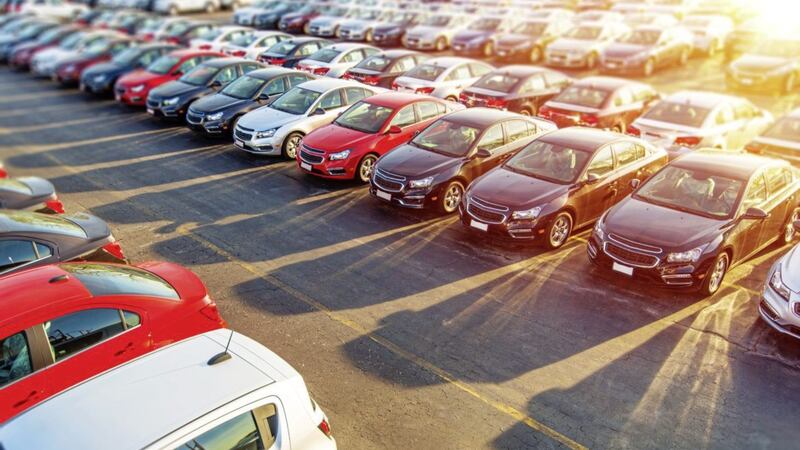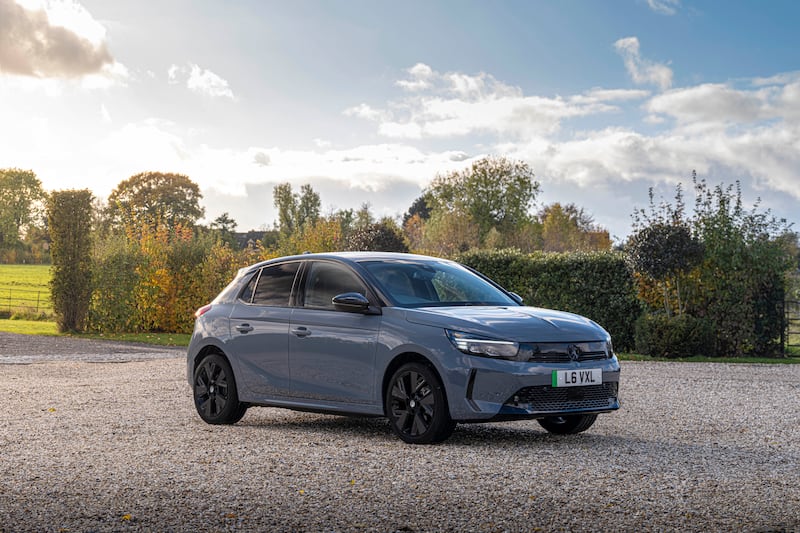CONSUMERS in Northern Ireland are likely to tighten their belts and reduce their spending habits in 2017.
And decisions over big ticket items like a new car will be put on hold, a survey says.
Glass’s, the largest vehicle data provider in Europe, predicts that the UK new car market will fall by around 3.5 per cent next year to around 2.6 million vehicles.
And if replicated in Northern Ireland, where new registrations are already lagging behind Britain in percentage terms, the decline could be much more marked.
Earlier this week figures from the Society of Motor Manufacturers and Traders (SMMT) pointed to flat growth of new car sales in Northern Ireland this year, and with just December selling left, the region will struggle to make the annual totals of 57,202 or 57,097 recorded in 2014 and 2015 respectively.
That's a far cry from the bumper sales in excess of 68,700 which dealerships enjoyed at the height of the economic boom in 2007.
Rupert Pontin, director of valuations at Glass’s, said: “We have become used to the new car market growing on a year-by-year basis, and when that stops happening, there will inevitably be a feeling of some unease.
“However, if you look at the bigger picture, the fact is that a 2.6 million market in 2017 would still be a very good performance in recent historical terms.
“We should certainly not be feeling as though there is any kind of crisis under way and the underlying strength of the economy will be quite good. Conditions are simply likely to become a little more difficult.”
But he cautioned that 2017 was probably the most difficult-to-forecast year in recent memory.
“This year has been one of almost unprecedented political and economic shocks, but the new car market has proven remarkably resilient," he said.
“The question that is difficult to answer is, given that these shocks are working their way through the system, will that resilience continue into 2017?”
It comes as research from consumer and business insights expert Equifax reveals that 23 per cent of people in the UK say they have reduced their spending habits since the end of June and 19 per cent have delayed or cancelled purchases.
Consumers are worried about potential price increases, and their top three concerns are higher costs for groceries/food (44 per cent), petrol (39 per cent) and household bills (38 per cent).







